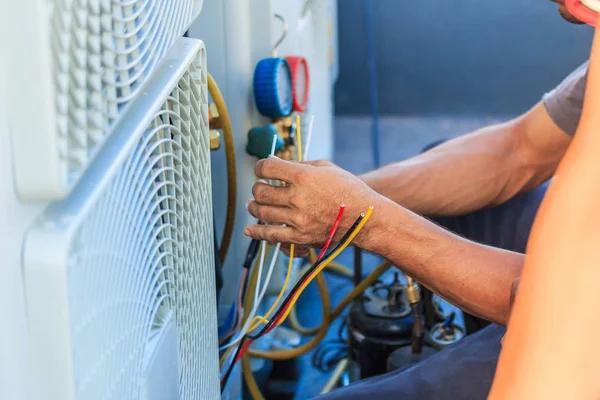Air conditioning installation is a significant investment for homeowners, ensuring comfort during hot seasons and improving indoor air quality. Before embarking on this process, it’s essential to understand the key factors that contribute to an effective and efficient system. Proper planning and informed decisions can save time, money, and future headaches.
The first step in air conditioning installation is determining the right type of unit for your home. Options include central air systems, ductless mini-splits, window units, or portable units. Central air systems are ideal for cooling entire homes but require ductwork and are typically more expensive upfront. Ductless mini-splits offer flexibility by allowing individual room control without ducts. Window and portable units are cost-effective solutions for smaller spaces but may not provide comprehensive cooling.
Sizing the unit correctly is crucial to its performance. An undersized system will struggle to cool your space effectively while overworking itself, leading to higher energy bills and potential breakdowns. Conversely, an oversized unit may cool too quickly without properly dehumidifying the air, resulting in discomfort. Professional HVAC technicians use calculations based on square footage, insulation levels, ceiling height, windows’ orientation, and climate conditions to determine the appropriate size.
Energy efficiency should also be prioritized when selecting an air conditioner. Look for models with high Seasonal Energy Efficiency Ratio (SEER) ratings or Energy Star certifications; these systems consume less electricity while delivering optimal performance. While energy-efficient units might have higher upfront costs, they often result in long-term savings through reduced utility bills.
Proper installation plays a pivotal role in how well your system performs over time. Hiring licensed professionals ensures compliance with local building codes as well as proper placement of components like condensers and evaporators for maximum efficiency. Incorrect installation can lead to frequent malfunctions or diminished lifespan of the equipment.
Maintenance after installation cannot be overlooked if you want your investment to last longer while functioning at peak capacity. Regularly cleaning filters prevents airflow blockages that strain the system unnecessarily; scheduling annual inspections allows technicians to identify wear-and-tear issues before they escalate into major repairs.
In conclusion, understanding these critical aspects—choosing the right type of unit tailored for your needs; sizing it accurately; prioritizing energy efficiency; ensuring professional installation; committing to routine maintenance—is vital when considering an air conditioning Sebastian installation project as a homeowner.





